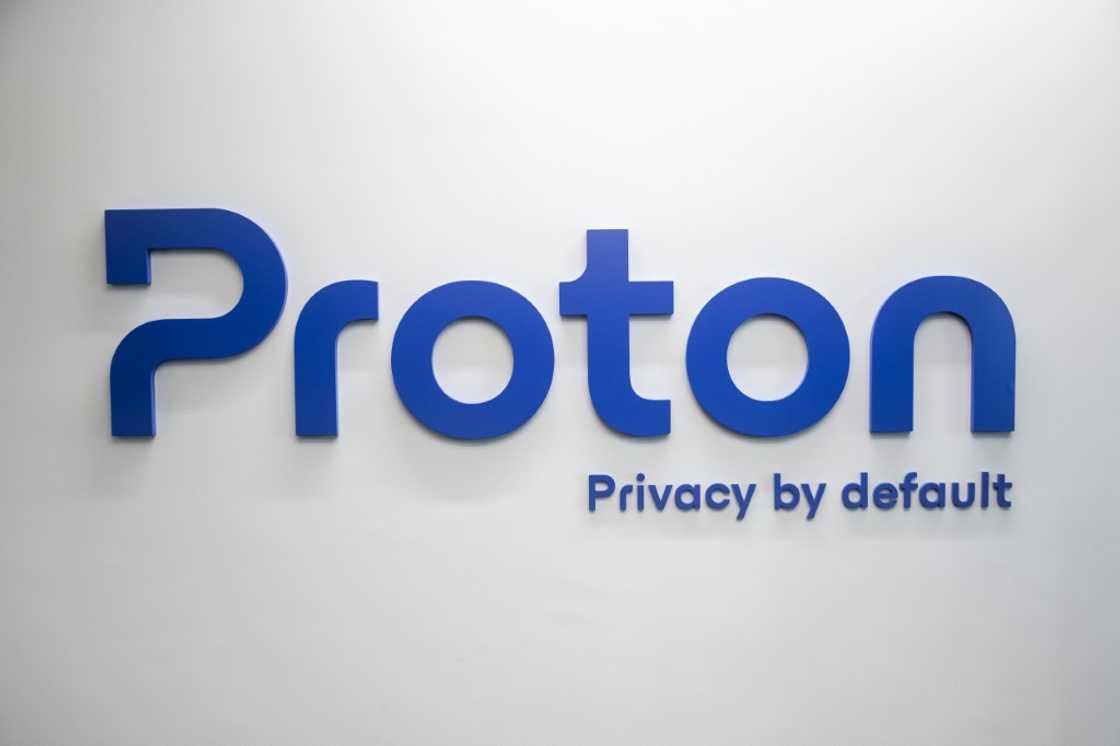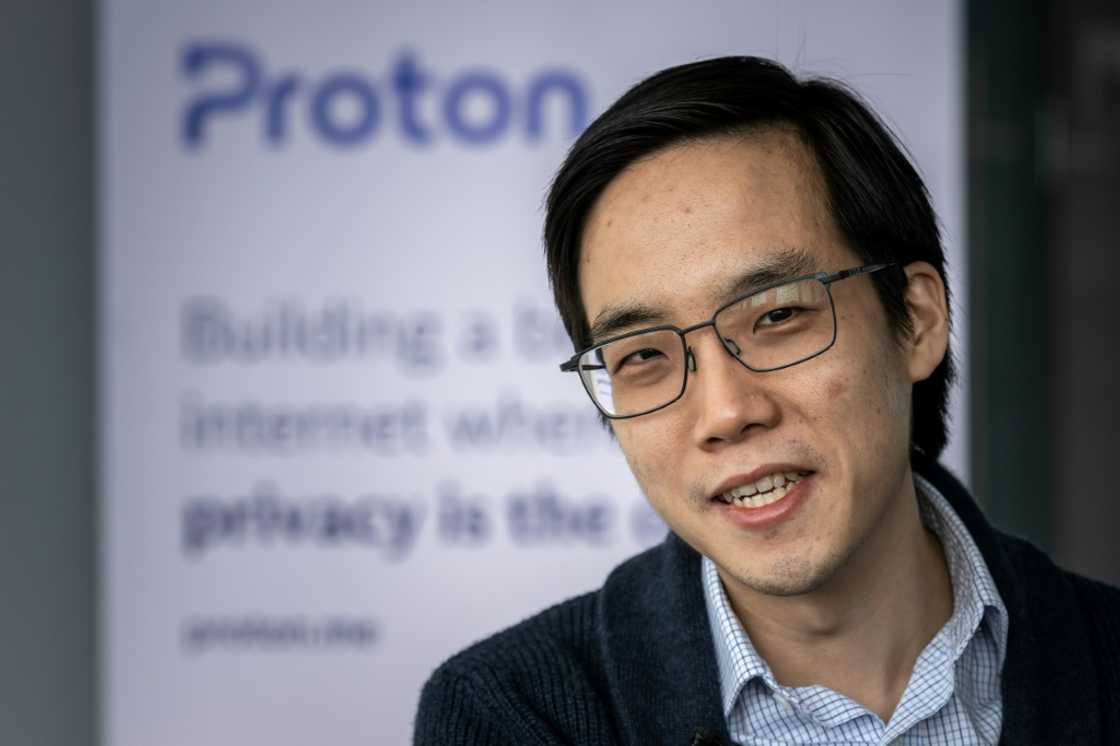Proton using VPN sign-ups to spot attacks on democracy

Source: AFP
Internet privacy company Proton announced Wednesday a new VPN Observatory, tracking demand for its services to detect attacks on free speech in countries like Russia and Iran before they hit the headlines.
Switzerland-based Proton said its new observatory would document spikes in sign-ups to its virtual private networks (VPNs), and thus map attempts to skirt sudden rises in online censorship.
VPNs provide a secure, encrypted connection over the internet between a user and a server, giving users greater anonymity and depending on the location of the server, the possibility to avoid local restrictions on internet use.
Proton, which offers a basic free VPN service, says it saw a 9,000-percent increase in sign-ups in the days after Russia blocked access to independent news sites following its invasion of Ukraine last year.
It also saw a 6,000-percent hike in sign-ups in Iran last October as authorities cracked down harder on internet access amid flaring protests following Mahsa Amini's death in custody.
And it says it saw a 15,000-percent sign-up increase in Turkey following the devastating earthquake earlier this year, when access to Twitter was reportedly temporarily restricted.
Proton, perhaps best known for its encrypted email service, said in a statement that it had "noticed these events before they hit the news."
The company warned that governments around the world were imposing ever more internet shutdowns.
"Internet censorship is increasing at an alarming rate," warned Proton chief Andy Yen.
He told AFP in an email that the new observatory -- a publicly available webpage -- aimed to "shine a light on trends in global VPN use to better understand authoritarian attacks on free speech and freedom of information".
In 2022, authorities in 35 countries shut down access to the internet -- the highest number ever recorded in a single year -- at least 187 times, Proton said.
The company said that such shutdowns and increased internet censorship were clearly triggered by things like public protests, active conflict, elections and political instability, in a bid "to keep people in the dark as a desperate means of control".

Source: AFP
"Online freedom is under attack and has never appeared so fragile," Yen said, lamenting that "even democracies are breaking their own rules."
He pointed out that the United States and Britain were among those that had attacked online freedoms, while French President Emmanuel Macron "has suggested online censorship could be used as legitimate policing tools."
"This is a very dangerous path," Yen said.
"We hope through greater awareness of the issue, we can strengthen the notion that access to the internet is a fundamental human right that must always be respected."
New feature: Сheck out news that is picked for YOU ➡️ click on “Recommended for you” and enjoy!
Source: AFP



